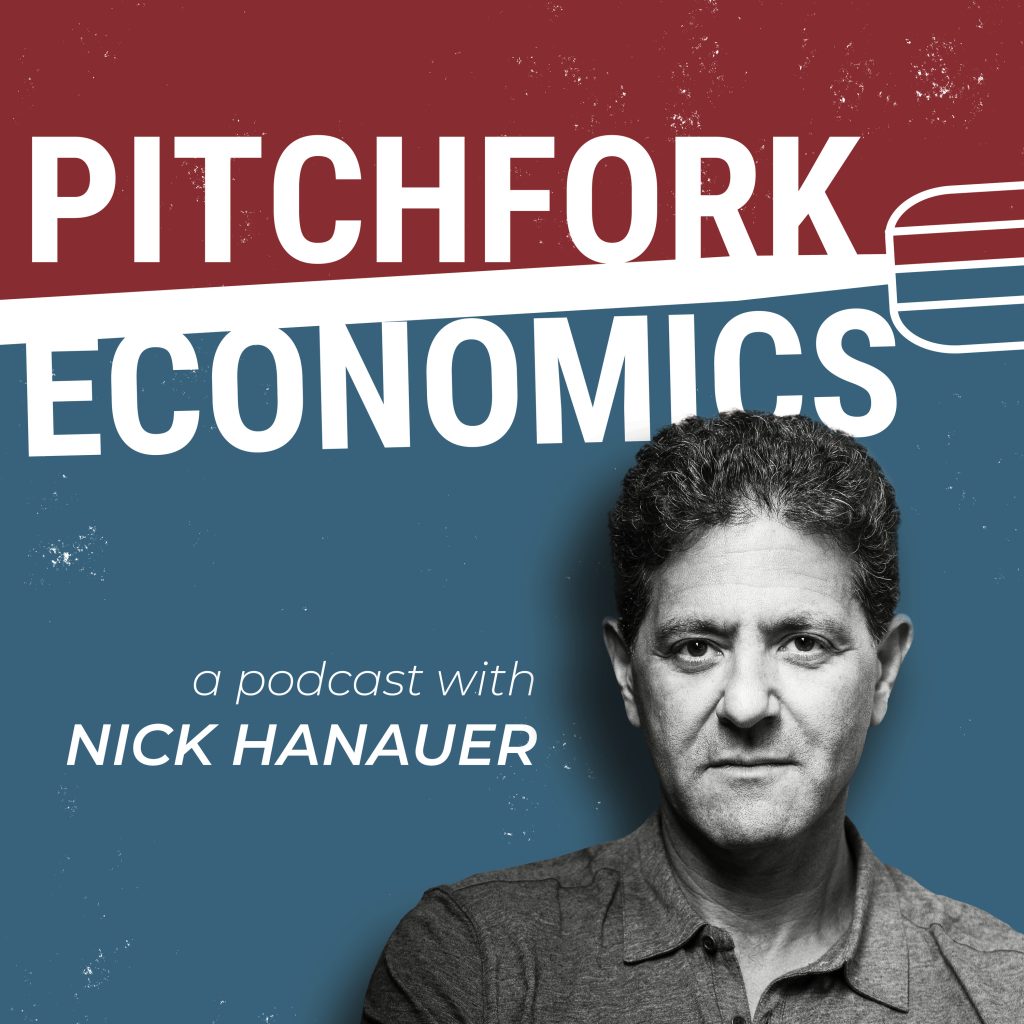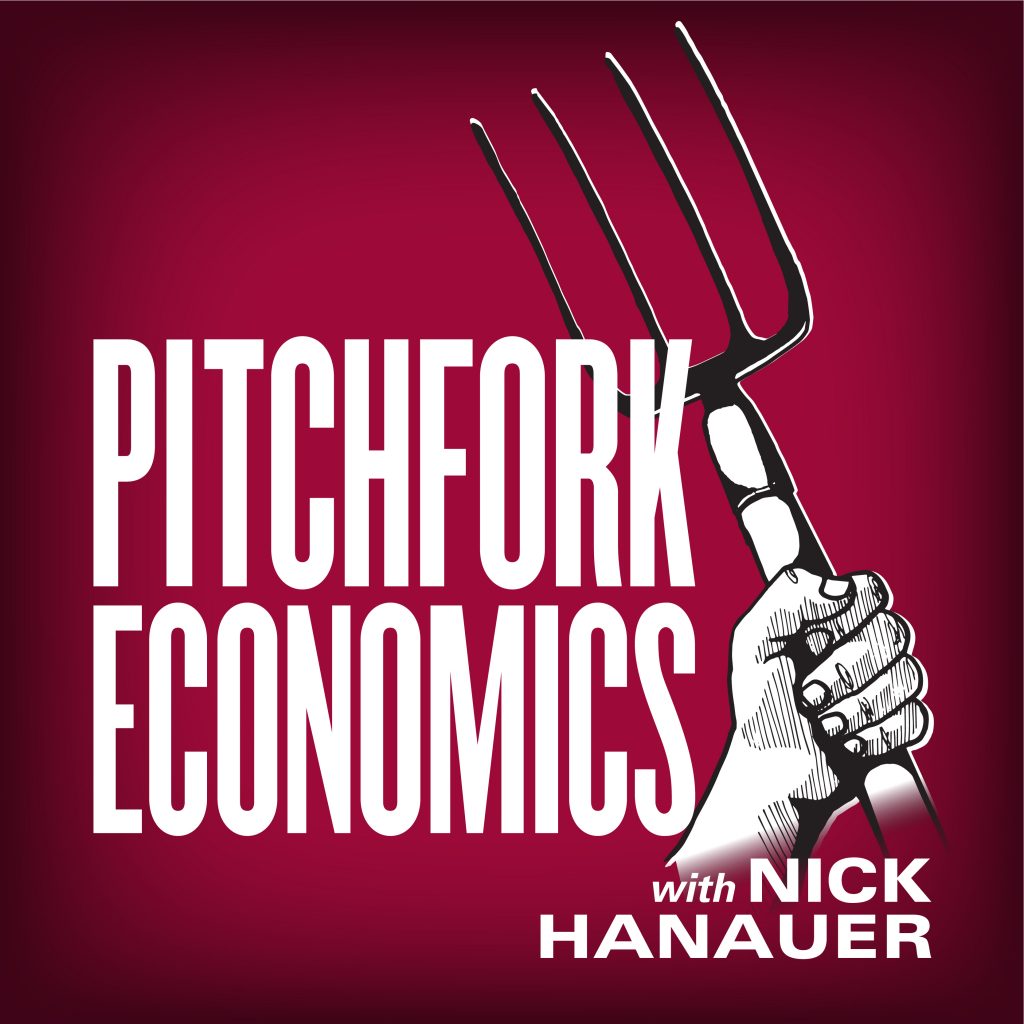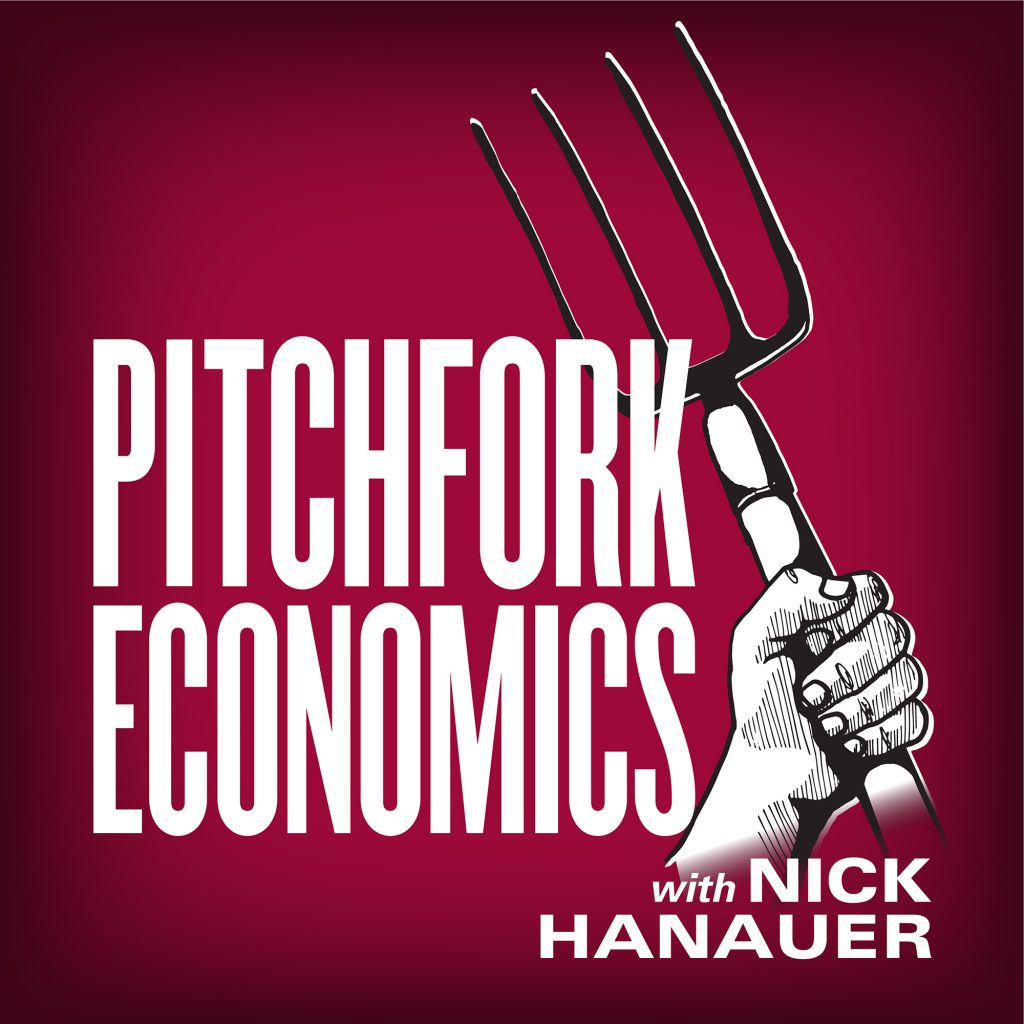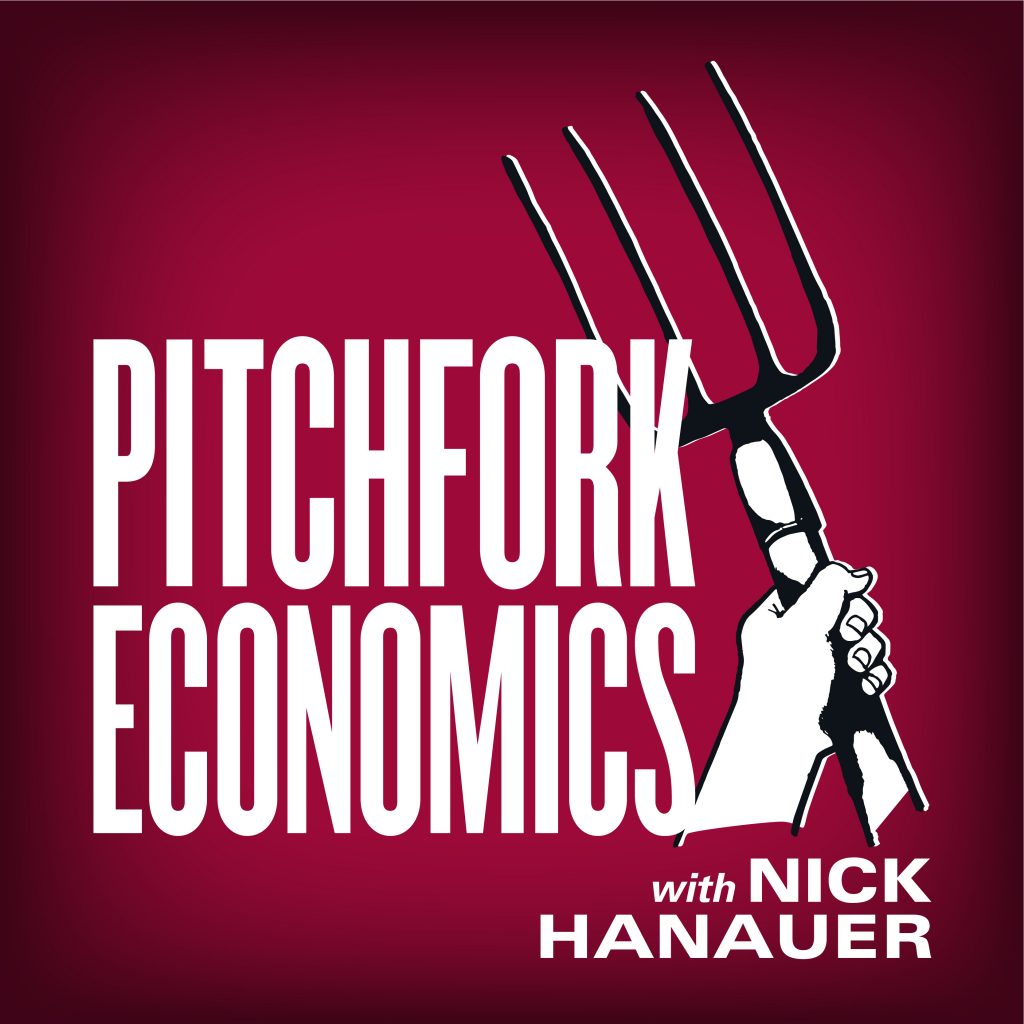You can’t throw a rock without hitting a wandering conversation about Universal Basic Income these days—but in our office, we’re still skeptical. For the first in a two-episode series exploring guaranteed income and its sister idea, guaranteed jobs, UBI expert Scott Santens and Sukhi Samra, the executive director of a real-life UBI experiment in California, join Nick and Paul to make the case for a universal basic income.
Scott Santens is a prominent UBI advocate with a crowdfunded income via Patreon. As a writer and blogger, his pieces advocating for basic income have appeared in The Huffington Post, The Boston Globe, TechCrunch, Vox, the World Economic Forum, and Politico. He is on the board of directors of the U.S. Basic Income Guarantee Network, a founding member of the Economic Security Project, an advisor to the Universal Income Project, a founding committee member of Basic Income Action, and founder of the BIG Patreon Creator Pledge.
Twitter: @scottsantens
Patreon: https://www.patreon.com/scottsantens
Sukhi Samra is the Executive Director of the Stockton Empowerment Demonstration (SEED), a pilot program to test a universal basic income in Stockton, CA. SEED is the country’s first-ever city-led Guaranteed Income Initiative.
Twitter: @stocktondemo
Further reading:
Our Vision for SEED: A Discussion Paper: https://www.stocktondemonstration.org/wp-content/uploads/2019/05/SEED-Discussion-Paper.pdf
What would a universal basic income mean for America? Stockton thinks it has the answer: https://www.latimes.com/local/california/la-pol-ca-basic-income-stockton-reparations-20190415-story.html
The Progressive Case for Replacing the Welfare State with Basic Income: https://www.huffpost.com/entry/the-progressive-case-for_b_12236546







